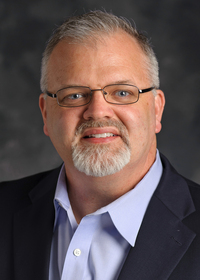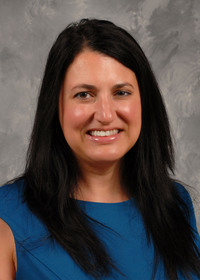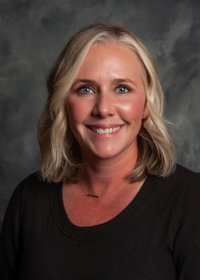Information Possibly Outdated
The information presented on this page was originally released on July 18, 2017. It may not be outdated, but please search our site for more current information. If you plan to quote or reference this information in a publication, please check with the Extension specialist or author before proceeding.
Extension backs broadband deployment to rural areas
STARKVILLE, Miss. -- Expansion of high-speed internet to rural Mississippi areas is the focus of a new publication from the Mississippi State University Extension Service.
Mississippi has the lowest broadband access in the nation, with 36 percent of the state's residents lacking the infrastructure. Roberto Gallardo, an associate Extension professor in the Center for Technology Outreach, said this problem leaves residents of those areas at a disadvantage.
He addresses challenges and solutions in his publication "Missed Economic Opportunity: Broadband in Mississippi." Broadband is critical to helping people find employment and improve on their skills so they can be more competitive in the job market, Gallardo said.
"From accessing vast amounts of information to applying for jobs, broadband is a critical technology, and those who cannot take advantage of it are being left behind," Gallardo said. "The digital divide -- or the gap between those who can afford broadband and know how to use it versus those who don't -- is a key issue that policymakers at the national, state and local levels should address."
Gallardo concluded that if 15 percent -- the most conservative scenario -- of currently unserved Mississippi households adopt broadband technology, the economic benefits to the state would amount to $310 million over the next 15 years. If 45 percent adopt broadband, the economic benefits would triple to $931 million in that time frame.
"Assuming technology is available, carriers and local governments should deploy a targeted educational and digital literacy strategy to increase adoption rates," he said. "The Extension Service can be an important part of this strategy, partnering with libraries, schools and churches."








